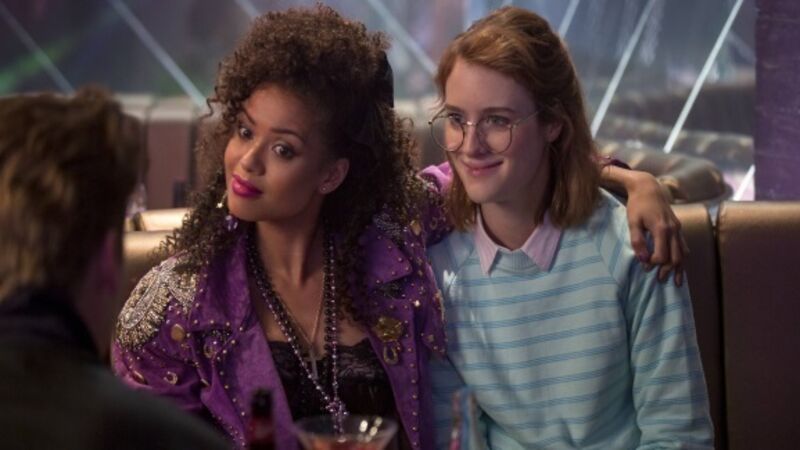Charlie Brooker's Black Mirror is reflecting reality

n Black Mirror, the cult dystopian drama coming to Netflix this week, writer Charlie Brooker whisks the viewer off to a nightmarish Neverland. A place where technology corrodes the soul, social media mires us in crippling psychological anxiety and politicians are dangerous rabble-rousers surging to power on a toxic tide of populism. Does he ever suspect the real world is trying to put him out of job?
“After the pig thing with David Cameron all bets were off,” he laughs. “I thought, ‘f**k me that was weird. People asked if I thought I was living in a Black Mirror episode.”











